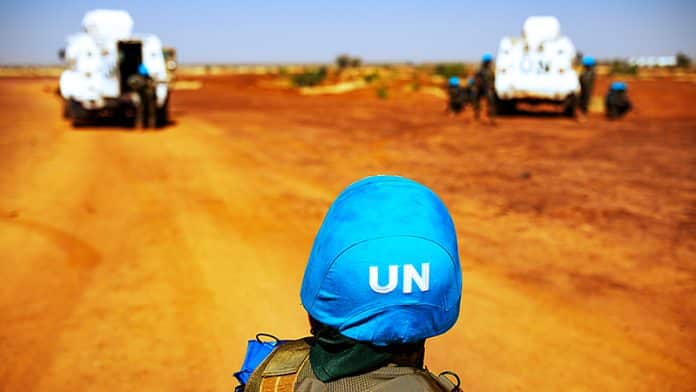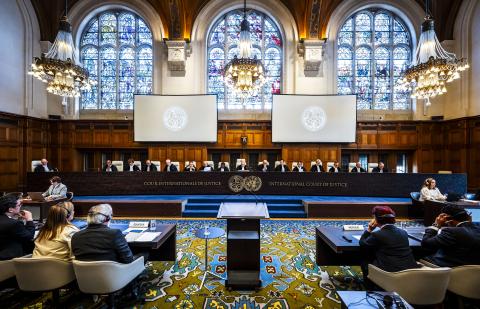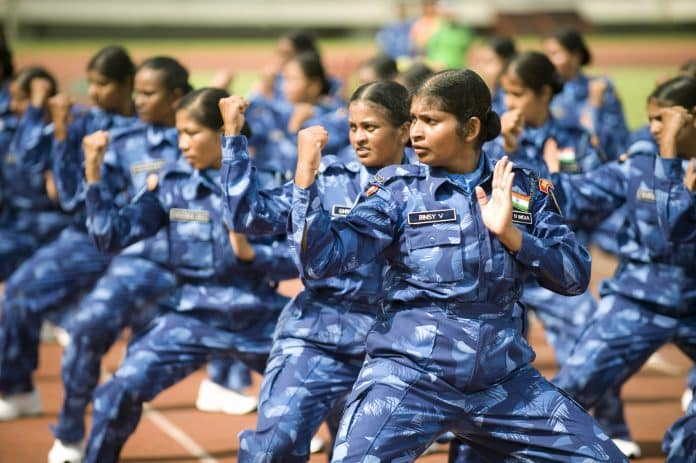“Multilateralism is more vital than ever: To bring peace. To protect the planet. To end hunger. To build guardrails for new technologies”, the UN Secretary-General António Guterres said in July 2023 at the UN-EU High-level Dialogue in Brussels, EU capital in Belgium.
1. The only way to address the world’s complexities
The United Nations (UN) actively collaborates with regional organisations, including actors with a global footprint such as the European Union (EU), in accordance with Chapter VIII of the United Nations Charter. UN Secretary-General Guterres underscores that partnerships with regional organisations are pivotal to UN activities, asserting that addressing the complexities of today’s rapidly changing world requires collaboration at local, regional, and global levels.
2. Collaboration makes organisations stronger
The UN chief advocates for heightened cooperation and multilateral governance, asserting that a more effective UN depends on robust collaboration with regional organisations. Emphasising the EU’s role as a crucial pillar of multilateralism in the new global order, he positions regional partnerships, such as with the EU, as integral to ‘a networked multilateralism’ – as outlined in the Secretary-General’s New Agenda for Peace.
The UN Liaison Office for Peace and Security (UNLOPS) – a UN secretariat office that works closely with the European External Action Service (EEAS) and EU member states – facilitates the partnership between the two organizations.
3. Partnership enhances collective security
The UN Security Council acknowledges that cooperation between regional and subregional organisations in matters relating to the maintenance of international peace and security, has the potential for improved collective security. Recognising the role of regional organisations in fostering confidence, trust, and dialogue, the Security Council encourages increased operational cooperation between the UN and regional bodies in the fields of early warning, prevention, peacemaking, peacekeeping, peacebuilding. This type of cooperation enhances coherence, synergy and collective effectiveness of their efforts.
The UN and EU’s collaboration on peace and security marked an important step with the 2003 Joint Declaration on UN-EU Cooperation in Crisis Management, evolving into the recent UN-EU Strategic Partnership on Peace Operations and Crisis Management 2022-2024. This partnership prioritises key areas such as Women, Peace, and Security, strengthening cooperation in the field, transitions, conflict prevention, and facilitating EU Member States’ contributions to UN peace operations.
Regular high-level dialogues between UN and EU officials facilitate the exchange of views and assess the implementation of agreed priorities. The UN Secretariat’s Departments of Political Affairs and Peacebuilding and of Peace Operations collaborate with the EU to contribute to conflict prevention and resolution, strengthen mediation capacities, and fulfil peacekeeping mission mandates.
4. Collaboration enables concerted peacekeeping efforts
EU Member States have continuously contributed troops, police, observers and specialists as well as various trainings in support of UN peacekeeping operations, while they also provide financial support. In addition, EU Common Security and Defence Policy (CSDP) missions work closely with UN operations on the ground in support of UN Security Council mandates.
In 2020, the UN Department of Operational Support (DOS) and the EU signed a framework agreement to facilitate cooperation in logistics, medical, and security support, while several EU Common Security and Defence Policy missions and operations work in parallel with UN missions.
5. Counter terrorism
The EU’s Counter-Terrorism Agenda, adopted in December 2020, aims to support member states in addressing the terrorist threat. Close collaboration with the UN Office of Counter-Terrorism (UNOCT) is evident, with both entities holding high-level dialogues to actively explore ways to strengthen multilateral cooperation…



